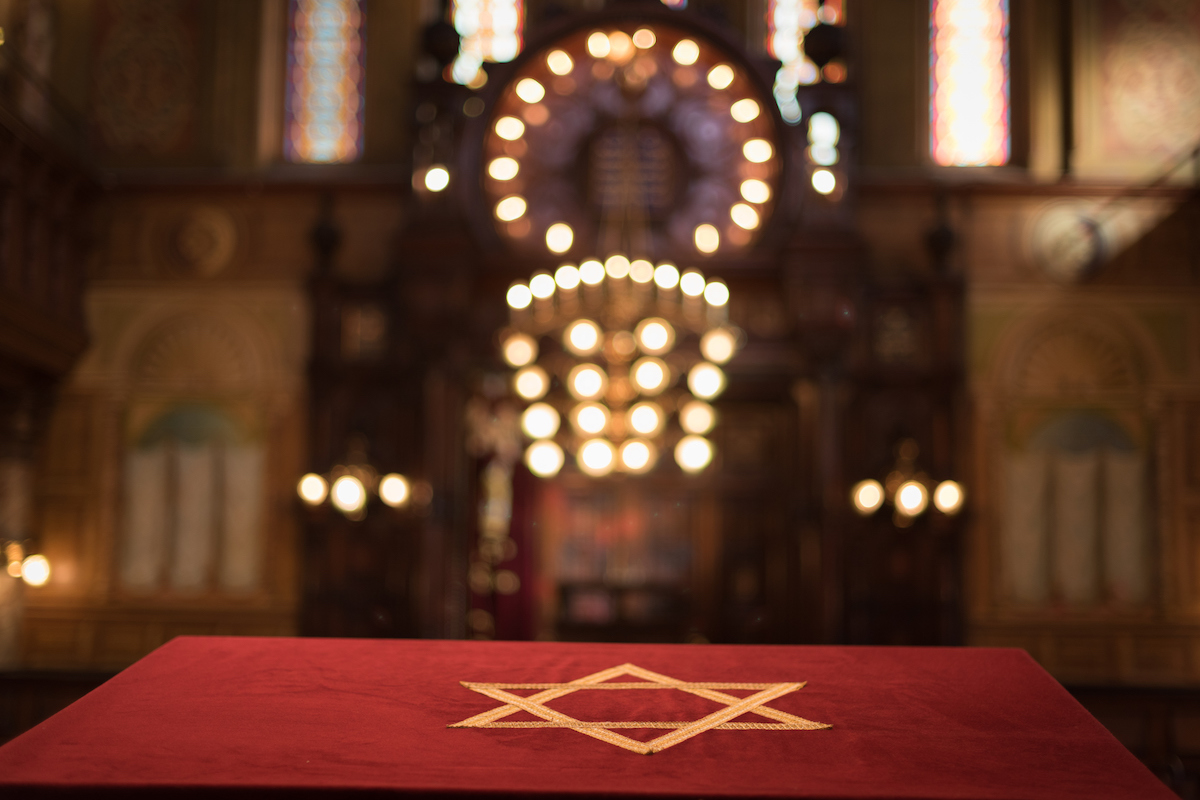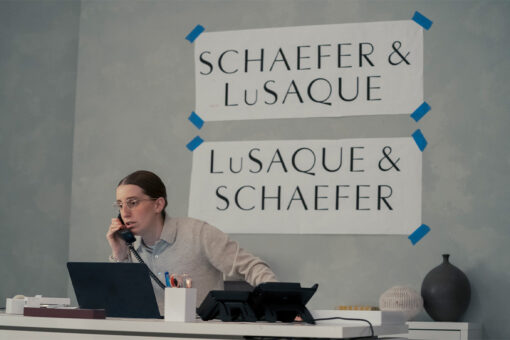On Saturday, October 27, the deadliest anti-Semitic attack in America occurred at the Tree of Life synagogue in Pittsburgh, Pennsylvania. Robert Bowers, a hateful gunman who wanted to kill Jews for helping immigrants, brutally murdered 11 Jewish people as they prayed in a sanctuary. Bowers also shot and injured four police officers.
The feeling of defilement after the shooting has left many in the Jewish community feeling angry, unsafe, exposed, and vulnerable.
In the aftermath of the shooting, many people (including President Donald Trump) suggested that synagogues increase the presence of armed guards and law enforcement. Other suggestions included ensuring that individual synagogue members come to temple with concealed weapons.
In the face of such an evil event, and in a time of rising white nationalism and anti-Semitism amid a history-making election season, it’s perfectly understandable to want to protect Jewish communities from attacks. But arming synagogues by increasing police presence or having concealed weapons will not protect Jewish communities. It will further endanger them, especially Jews of Color.
If you live in the United States, you are undoubtedly familiar with the fact that people of color are disproportionately affected by police violence, gun violence, and incarceration. Most of this is due to strong bias — implicit or overt — that makes society fearful of people of color. Society views people with marginalized racial identities as being more violent, aggressive, and untrustworthy.
Bias combined with bullets has brought immeasurable trauma and pain to people of color in the United States, especially in the black community.
The Jewish community — particularly the white and non-black Jewish community — is not immune from this bias. Black Jews and other Jews of Color are already made to feel as though they don’t belong, as though they aren’t part of the communities that they’ve been born or acculturated into. They already are forced to face an incessant barrage of invasive questions about their observance, parentage, and identity when they walk into synagogues.
After the Pittsburgh shooting, nothing has changed. Jews of Color like this person are still being interrogated. With increased police presence, the only difference is that these invasive questions will now happen under the threat of death.
If that sounds dramatic to you, then you clearly don’t understand the paralyzing fear of being a black person in America. During every police interaction that I endure, I am painfully aware that this might be my last day on earth. The thoughts that run through my mind aren’t fully formed, but they are an endless list of names that I recite like a desperate prayer (Trayvon, Terrence, Walter, Alton, Sandra, Freddie, Mike, Laquan, Philando, Akai, Eric, Tamir…) and an endless movie reel of bullets tearing apart black bodies that look like mine. With the fear of discrimination that I already associate with going to synagogue, I don’t want to have to fear for my life as well. I don’t want to feel that panic.
Some feel as though the solution of having synagogue members carrying concealed weapons is a good option. But that option is just as bad, if not worse.
The white Jewish community is a racist community, not much different than any other majority-white space in America. It’s a hard truth, but denying it is useless to everyone except those who benefit from it. Pretending otherwise is disrespectful to the experiences of Jews of Color, which have been well-documented. White congregants may not be police officers, but they often carry the same bias towards people of color and black people. With guns, their bias could still get someone killed.
I spoke to Kai*, a black Jew from Pennsylvania who absolutely does not trust their fellow congregants with guns. Kai told me that if the members of their synagogue were armed, they would feel the need to attend almost all synagogue events so as not to appear “new” or “unfamiliar.” Kai said that, “If I miss one Shabbat, I might get shot [at] the next [one] by some new idiot.”
From the vantage point of Kai, such security measures aren’t just dangerous — they’re useless. Kai told me that they worry about increased police presence in synagogues “because no matter how many angry white men attack, they will still be checking me 10 times before they spot a crazed white guy who has a suit on.”
And it’s not just Black Jews or Jews of Color who will be affected. People with mental illnesses and intellectual/development disabilities are often brutalized by law enforcement officers, who may interpret signs of distress as signs of impending violence. Individuals with visual or hearing impairments may have trouble communicating with officers or interpreting the officers’ cues, leading to potentially fatal and traumatizing interactions. Additionally, police officers have been known to show increased brutality towards LGBTQ individuals — particularly those who identify as transgender.
Besides, the presence of armed guards or members carrying concealed weapons isolates synagogues from the larger community. It sends a message that new visitors are not welcome, that inactive members may be interrogated, and that if you’re not comfortable around guns or law enforcement, this isn’t the place for you. But the population of people who feel comfortable around guns and police is not very diverse.
Many rabbis are resisting arming their synagogues. One synagogue member, who wishes to remain anonymous, told me that, “Our congregation is very aware of what having police or uniformed security says about our relationship to the community and particularly to the black and brown community. We do NOT have police or uniformed security at our events, and our rabbi says he would quit if we did.”
In speaking with black Jewish women about this topic, many of them have said that Jewish synagogues should consult and collaborate with black churches or Muslim mosques to gain insight into innovative security solutions that don’t involve law enforcement or guns. Both of those communities have had their houses of worship attacked many times, and both of those communities have fraught relationships with law enforcement that effect their ability to report those incidents or rely on law enforcement to solve them.
We have to keep Jewish spaces safe, but synagogues should be careful about what measures they are willing to enact to achieve that safety. Guns and police presence are deeply harmful to people of color and other marginalized groups. If guns are being placed in synagogues “for the good of the community,” then the implicit message is that those groups are not valued parts of the Jewish community.
*Name has been changed.



